With our children, it’s better to give reinforcement not punishment, direction more than correction.
If you have not read Brain Rules for Baby: How to Raise a Smart and Happy Child from Zero to Five by John Medina, treat yourself and get a copy. He explains the amazing development preborns and infants go through, particularly with their brains. When the author gets to page 100, he explains a child’s body and brain development and how it affects her later in life.
Five things more important than intelligence
We are often concerned about our children’s intellectual abilities and out of those concerns we focus on academics. However, in studying successful adults, intellect was not the key ingredient for their success. Medina writes, “I’d like to describe five (ingredients) that I think you would do well to consider as you contemplate your child’s intellectual gifts. They are:
• The desire to explore
• Self-control
• Creativity
• Verbal communication
• Interpreting nonverbal communication.
More than intelligence, other traits are equally important. For example, foresight and wisdom. We call this being visionary. Good leaders and effective entrepreneurs share the quality of being visionaries. Medina says, “Visionaries had in common five characteristics, which the researchers termed ‘Innovator’s DNA.’ Here are the first three:
• An unusual ability to associate.
• An annoying habit of consistently asking ‘what if.’
• An unquenchable desire to tinker and experiment.”
Other attributes to nurture
Other attributes budding in little ones, which if nurtured and encouraged, will give them a strong foundation for happiness, well-being, flourishing, and healthy friendships are:
· Social competency (emotional regulation, self-soothing, and empathy)
· Close attachment to one or both caregivers or parents.
· Moral awareness and strength developed through healthy boundaries.
Ways parents stifle healthy qualities
The book explains the reasons why these are critical characteristics and how to foster them in your child. But it also points out that often times we parents stifle these qualities by what we restrict and we do that because we have been taught how to interpret or rather, misinterpret our child’s behaviors in their first five years. For example, infants and toddlers are actually brilliant scientists (see The Gardener and the Carpenter by Alison Gopnik and The Scientist in the Crib by Gopnik, Meltzoff and Kuhl). They are exceptionally curious with an intense desire to explore. But many of us tend to interpret that as getting into trouble or causing messes. Little ones love to experiment and observe cause and effect like throwing food off their high chair or banging pots and pans. They are learning self-control, a function of their prefrontal cortex that is not fully developed until the age of twenty-five. So, children are impulsive, which we take as being out of control or disobedient. Rather than punishing, the best way is to redirect and lead. And so much more.
Parents need to be guides by our children’s sides
Rather than seeing ourselves as agents to control and restriction, we need to think of ourselves as guides by their sides with good boundaries and safe environments. Learning how to give them the tools and how to help them mature those life-giving characteristics for success, friendship, and flourishing is the key. That means start by seeing our children in a whole new way.
We admire virtuous, strong, intelligent, creative, personable, and successful people. We praise people for their curiosity, energy, emotional maturity, honesty, independence, initiative and their ability to debate and effectively communicate. However, often we correct our children for their curiosity, energy, emotionality, honesty, independence, initiative and inclination to debate, though they are the same qualities we love in adults. Those qualities need reinforcement, not punishment; direction, not correction.
Think about it.
Dr. Don
To make sure you don’t miss valuable insights and helps, click the link to get started today.


